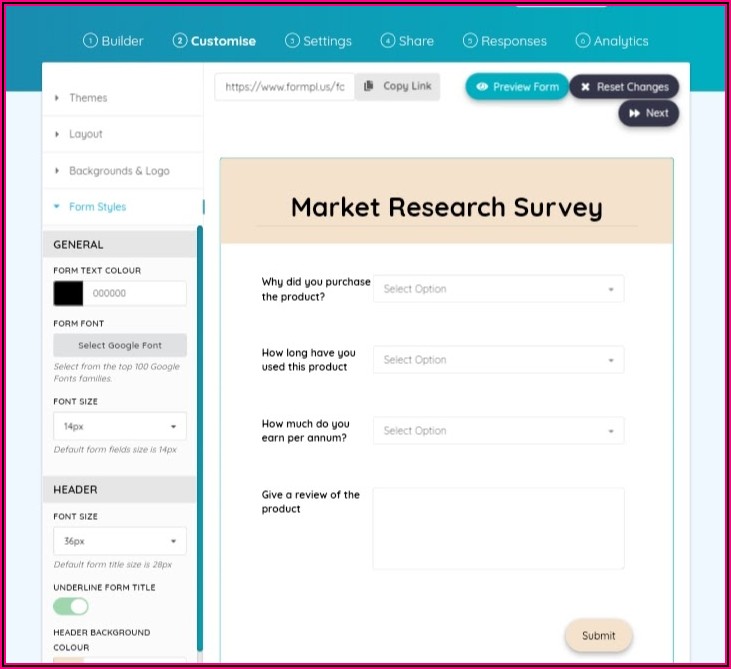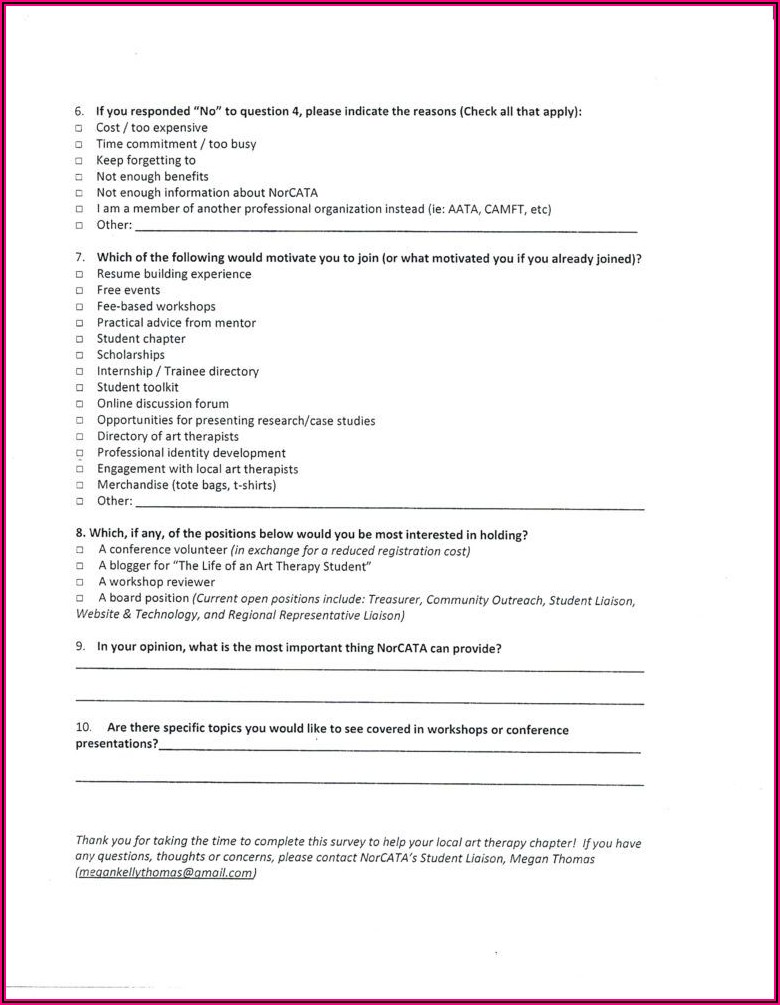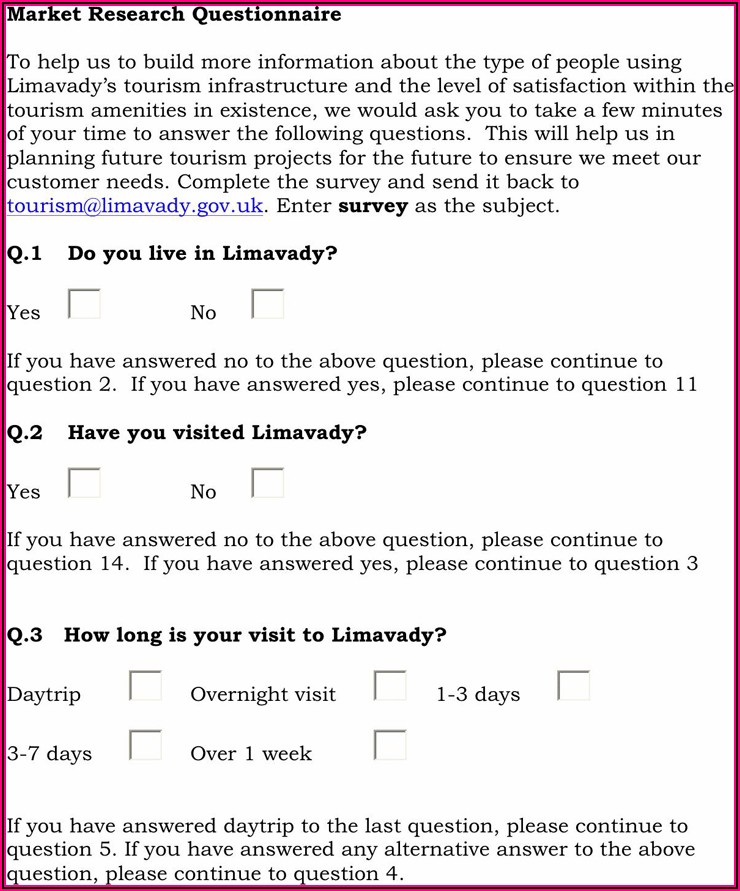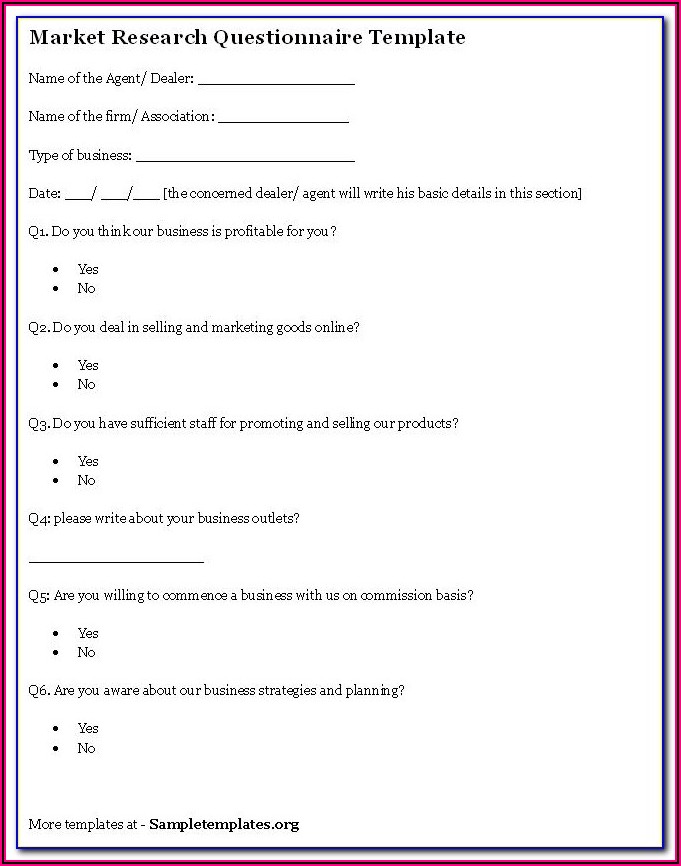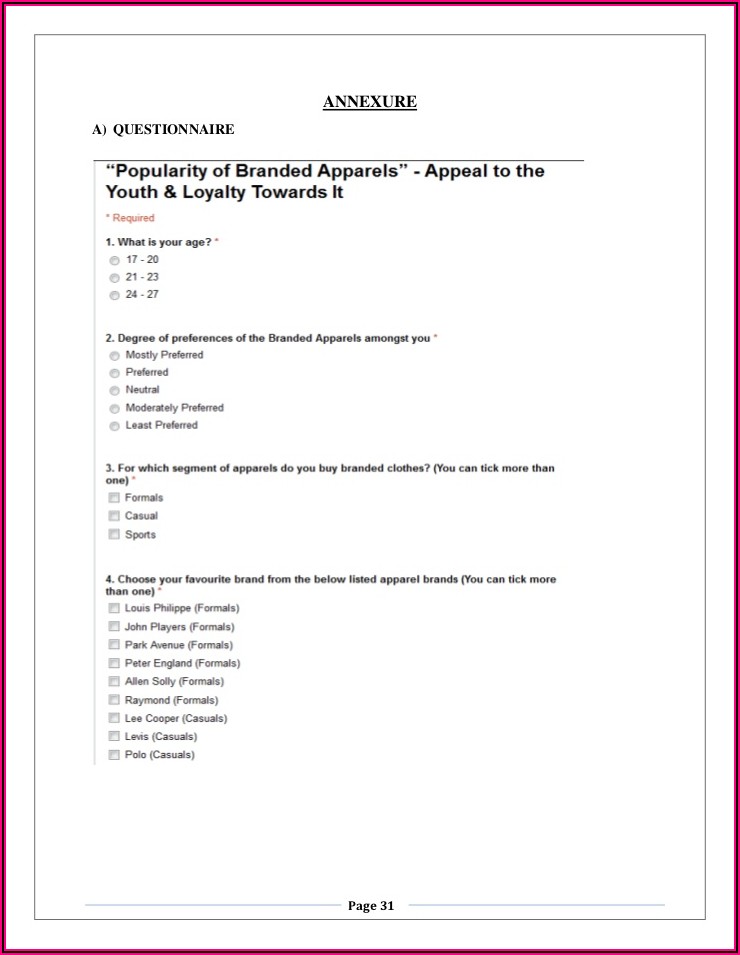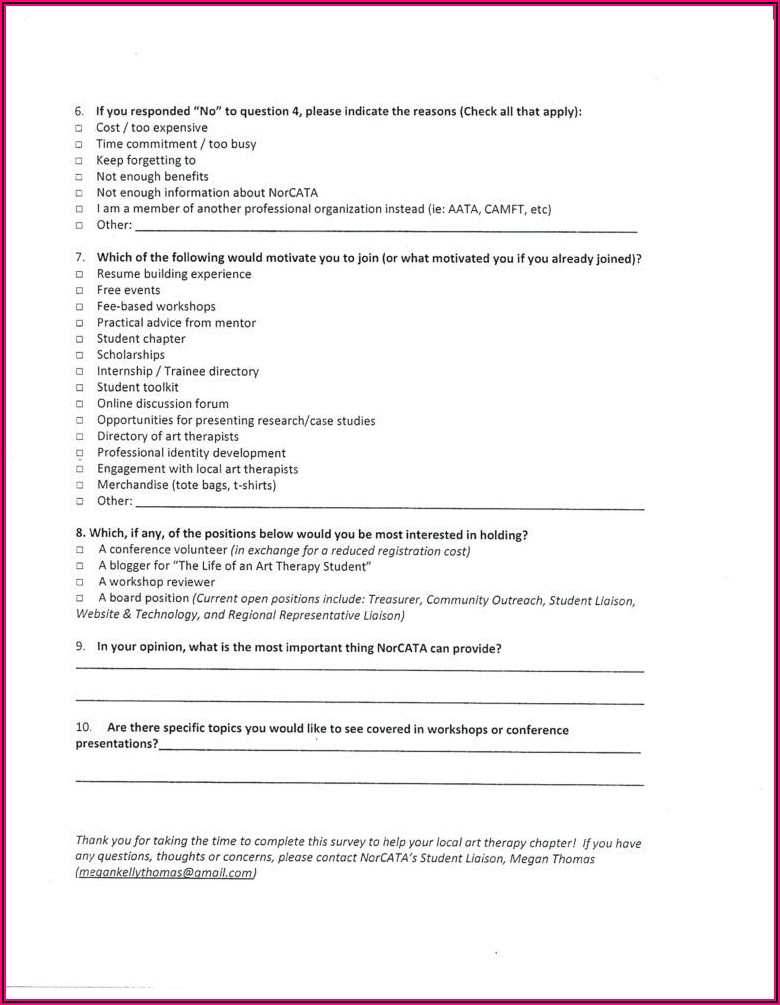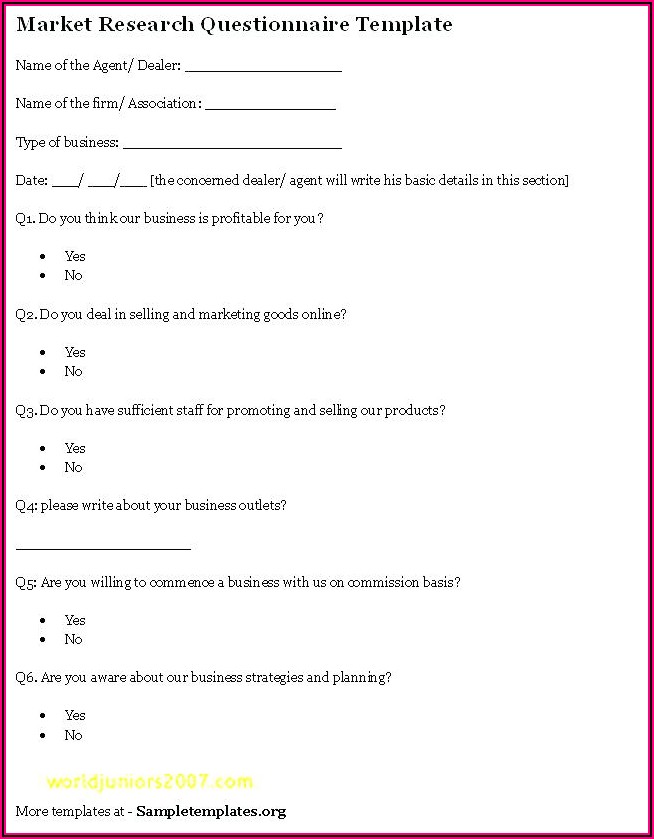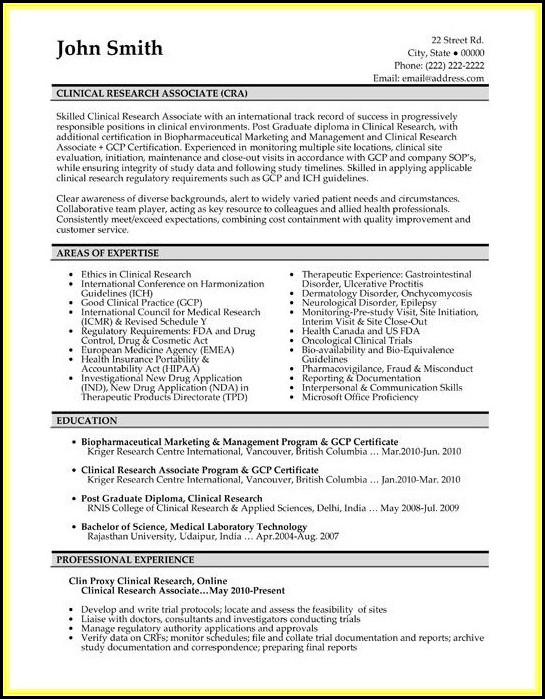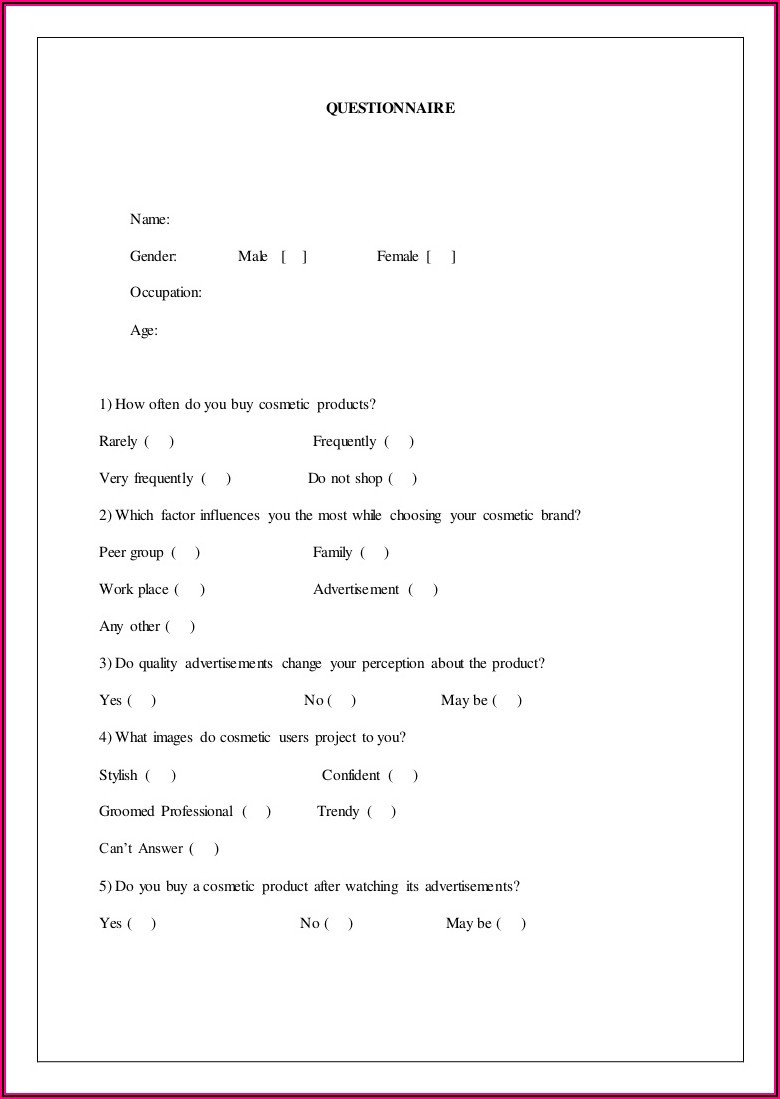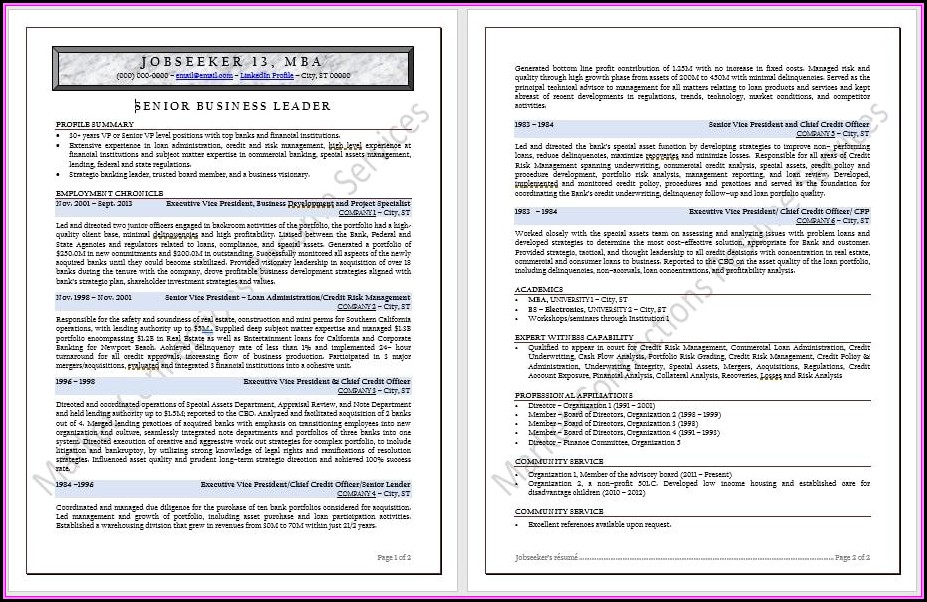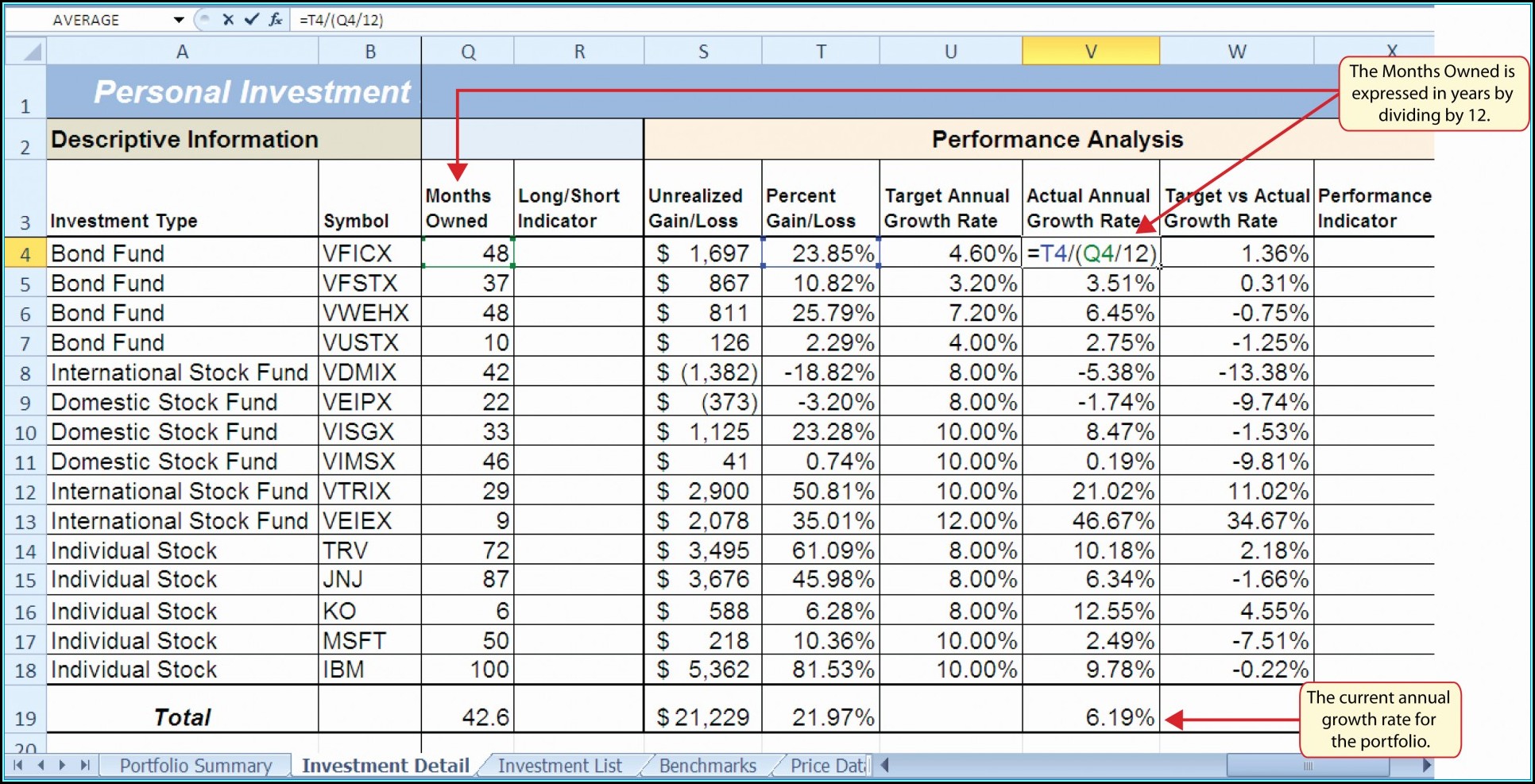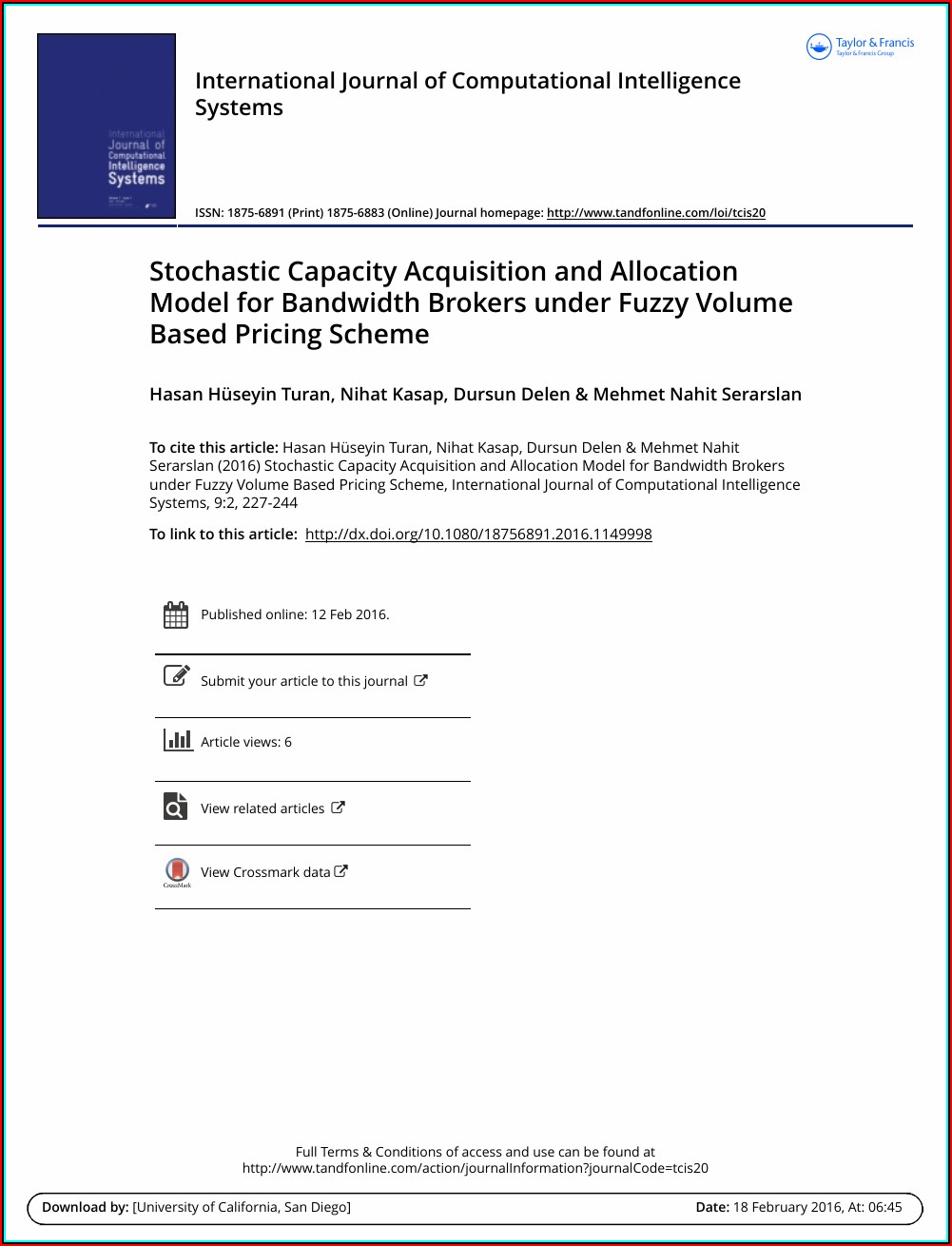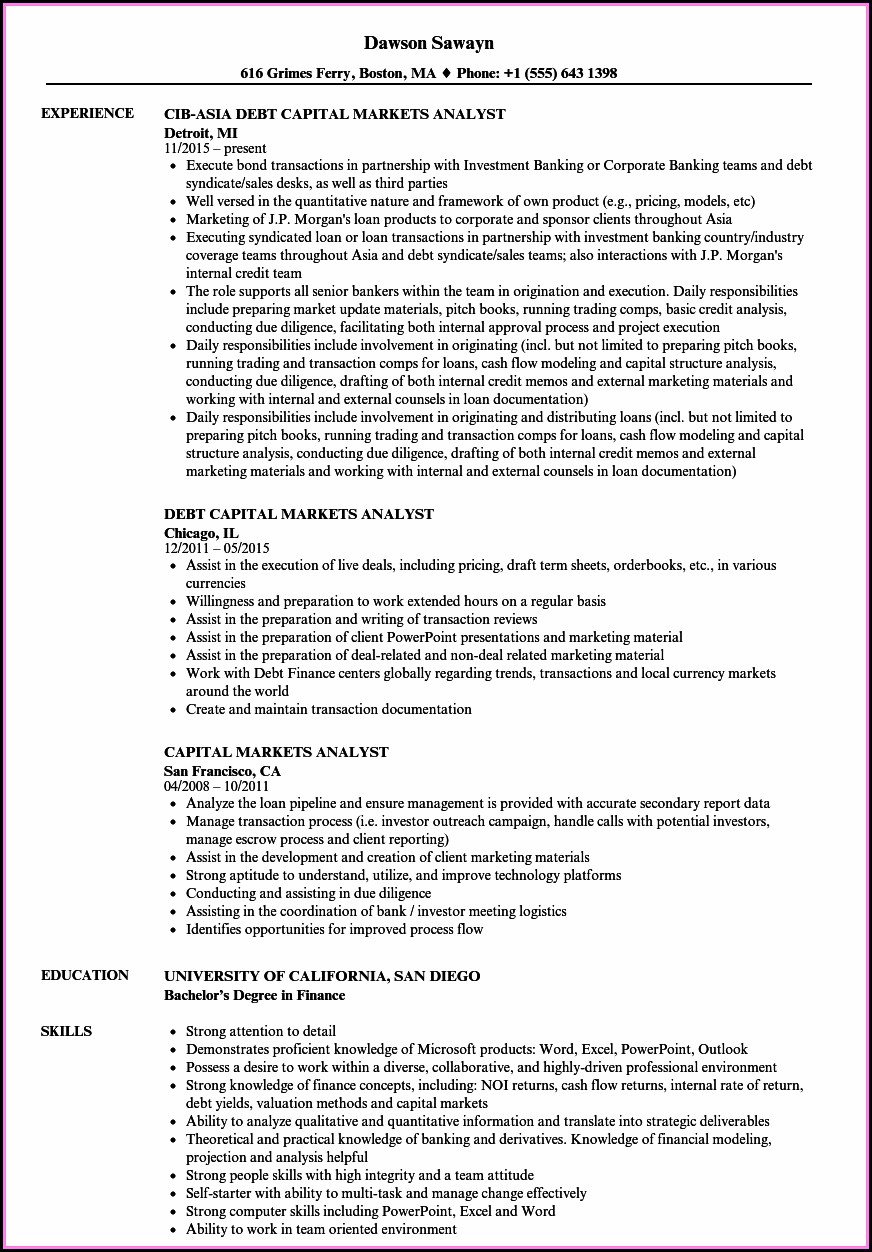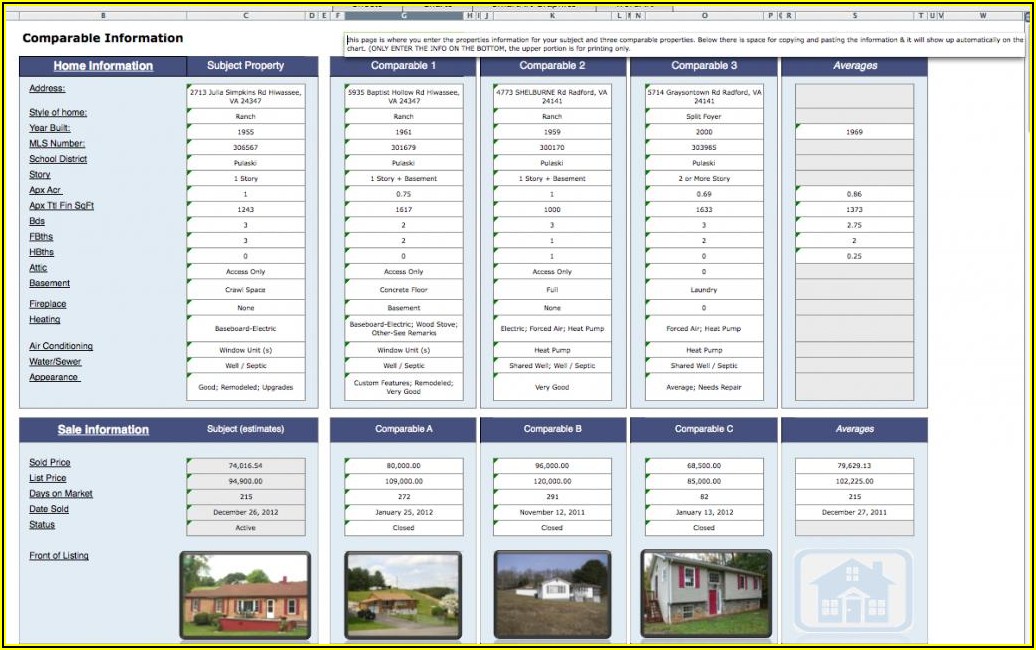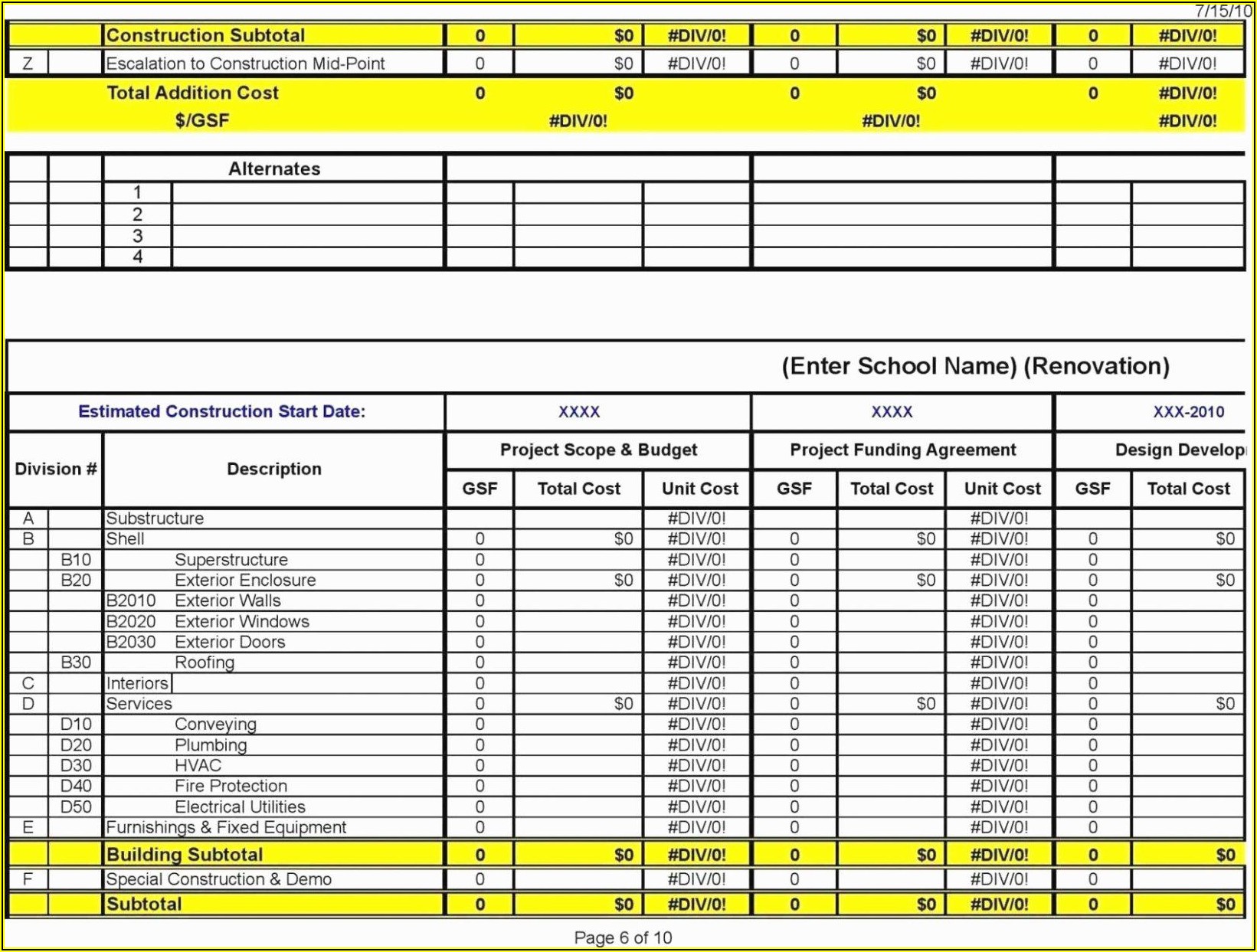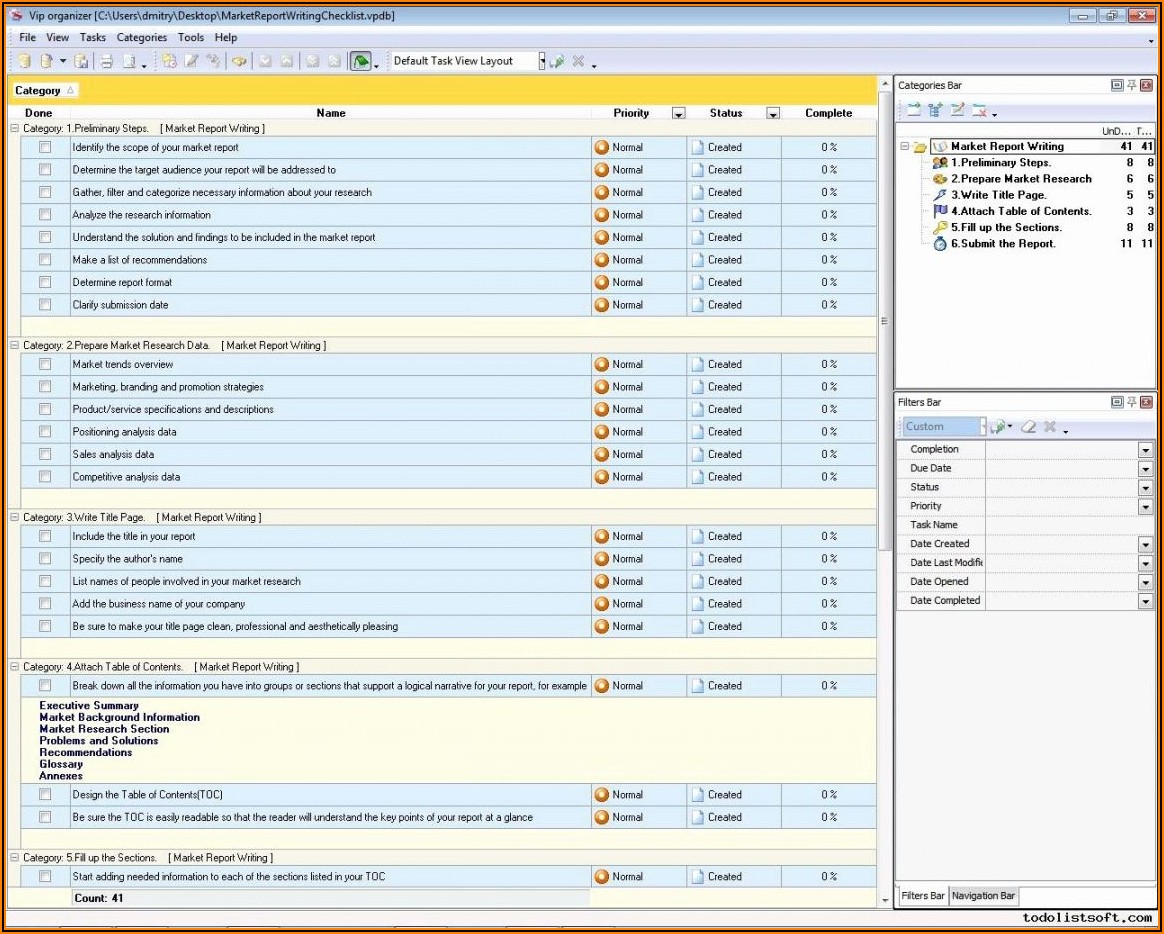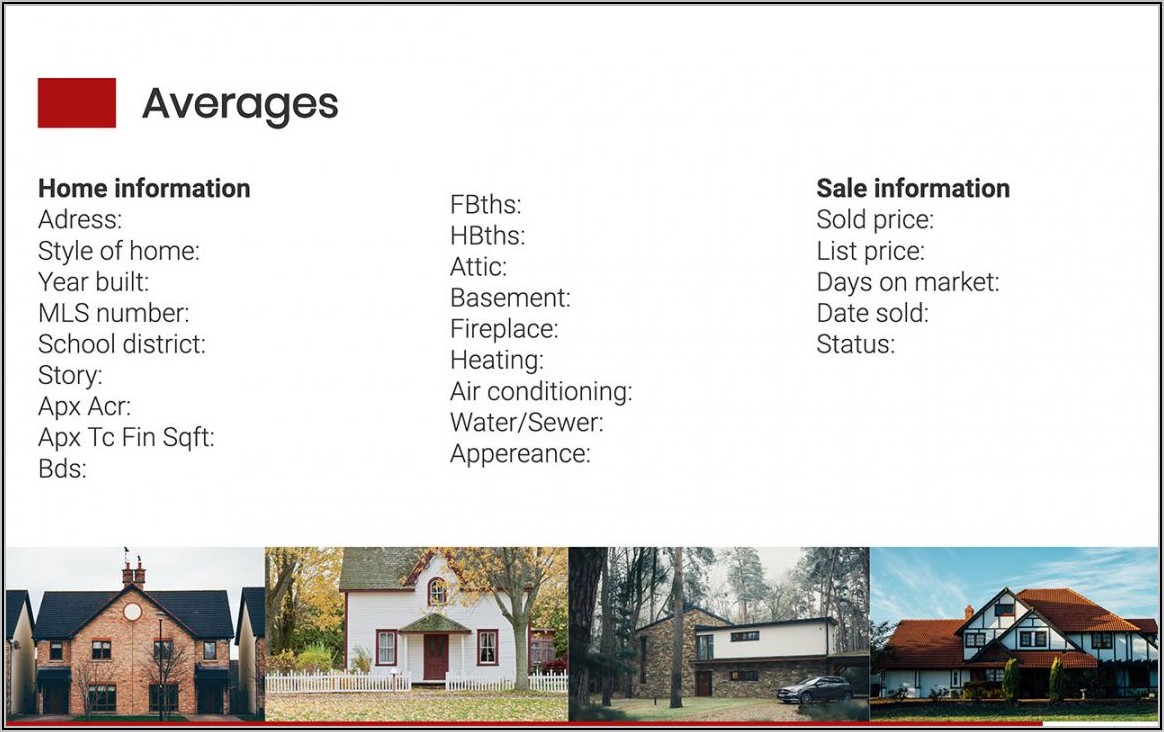
1. Not knowing what you do not know
Its easy to do online checks these days. Too easy. It may be so cheap and easy that you do it without understanding the basics and end up with deceiving answers that shoot your business down the wrong path. This is worse than noway doing any exploration in the first place. Spend a little time and get to know what you do not know about request exploration. A introductory review of the following motifs is a great launch.
Slice and slice error
Quantitativevs. qualitative exploration
Question bias/ question design
Response rates/ confidence situations
Questionnaire rendering
Why people take checks ( social contract)
Some great books on these subjects are
” Correspondence and Internet Checks The Acclimatized Design System”by DonA. Dillman
” Asking Questions A Definitive Companion to Questionnaire Design”by Norman Bradburn, Seymour Sudman, Brian Wansink
2. Not barring slice crimes
Now that you know what slice error is you can understand why it’s critical to conducting meaningful request exploration. Numerous of the online checks you see moment are full of implicit slice crimes. Do not be one of them. Take the time to develop a good sample and also make sure you get as numerous of those people as possible to your check. This is presumably the biggest difference between professional request exploration and your do-it-yourselfers. The pros take the time and plutocrat to develop good samples and also make sure that they get good response rates. You can to if you put in the trouble.
Always use a true arbitrary sample
Tracking your repliers ( Legs)
Program the check to exclude duplicates and repliers with bad intentions
Check the data for oddities ( clean the data of illegitimate records)
Use impulses (does not have to be financial, see social contract)
3. Making opinions with inaccurate information
If you noway understood any of# 1 and# 2 it’s a good bet your check is useless. Worse than that you may suppose it’s telling you what to do with your important business opinions. Making opinions with inaccurate information is worse than taking a conjecture.
4. Writing bad questionnaires
You might get everything differently right and also go and write a bad questionnaire. Lots of online checks have at least one bad question. What’s a bad question? It’s any of the following
Prejudiced questions
Positive questions ( insolvable to know the answer)
Questions with two meanings
Hard to understand questions ( way to long, strange use of words)
Dumb questions ( asking about commodity the experimenter should formerly know, or has formerly asked)
5. Programming a hard to take check
After you have spent all that time creating a good sample and writing good questions do not ruin it by programming a hard to use check. One of my top grouches is forcing repliers to complete every answer. Too important of this is going to get you either a simulated answer or the replier leaving. Neither is good.
Do not forcenon-critical questions
Do not havenon-standard buttons
Do not usenon-standard technologies (java applets,etc.)
6. Going cheap
Both the good and bad thing about online request exploration is that it can be much less precious than in the history. The bad of this is that it’s just too easy to conduct defective request exploration. Numerous of the below particulars bring time and plutocrat ( slice, questionnaire design,etc.) Spend the time and plutocrat to do it right. Indeed more hire a quality request exploration establishment to do it for you. Either way you’ll save plutocrat in the long run by conducting quality request exploration.
7. Confusing social networking with quantitative request exploration
Talking with lots of people ( social networking) might gain you precious qualitative information but it isn’t quantitative request exploration. The difference is qualitative information infrequently represents all of your followership and gives you individual opinions and ideas. Quantitative exploration on the other hand is designed to represent all of your followership and gives you answers that you can know reflects all of your guests. Do not confuse the two. Social networking can be useful but understand its limitations.
8. Being exorbitantly” cute”with the check tool
Your request exploration is supposed to gather meaningful information about your target followership. It isn’t supposed to impress them with all the high technology you can master. Keep your check technology as simple as possible to reduce banning repliers that aren’t over to speed with the rearmost and topmost.
Keep Flash and JavaScript to a minimum ( use them but not in critical areas, always give druthers.)
Use tried and true web technologies
9. Counting on only one source of information
Request exploration is a shot of opinions at a certain time. If your exploration results in hectically different answers than you were anticipating it’s wise to confirm these conclusions with further data.
Conduct another check
Look for corroborating data
10. Ignoring your request exploration
If you go to all the trouble to conduct a good study also have a plan to do commodity with that information. Too numerous associations will conduct request exploration for one reason or another and when they get information back just sit on it. Do not be the bone who ends up saying”Wow, if we had just done what our request exploration told us we wouldn’t be in this bad position”. Before you conduct any online exploration have a plan as to what you’ll do with it.
